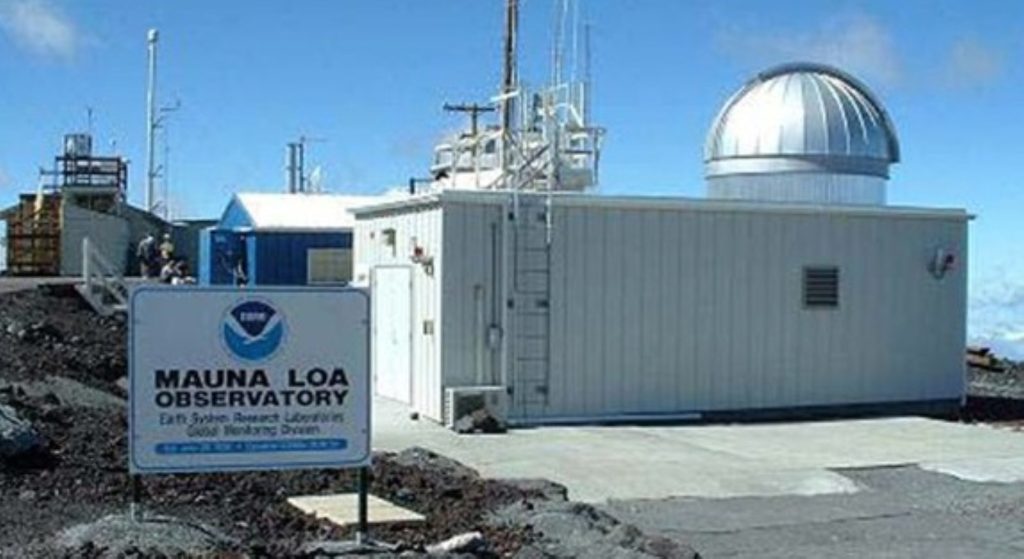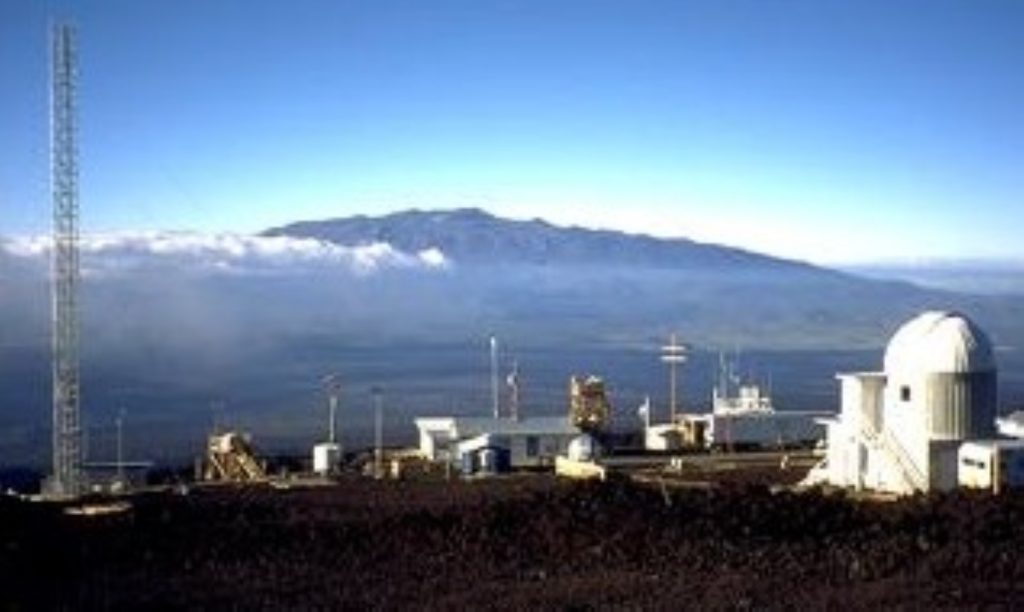Resolution recognizing history, significance of Big Island’s Mauna Loa Observatory introduced
U.S. Sen. Mazie Hirono and U.S. Reps. Jill Tokuda and Ed Case, all Hawai‘i Democrats, introduced a resolution recognizing the nearly 70-year history and important contributions of Hawai‘i Island’s Mauna Loa Observatory.

The measure also commemorates the 69th anniversary of the observatory and honors the cultural significance of Mauna Loa itself to the Native Hawaiian community.
Research conducted at Mauna Loa Observatory allows scientists to measure greenhouse gases, track methane emissions and study the increasing levels of carbon dioxide.
Scientists use this information to assess long-term changes in climate records, enabling them to better predict the frequency of extreme weather events — such as heat waves, droughts and floods — which increases with the rise in climate change.
The Hawai‘i lawmakers introduced the resolution after the Trump Administration announced its plans to cancel the lease for several National Oceanic and Atmospheric Administration facilities earlier this year, including an office needed to support the Mauna Loa Observatory.
“Closing [National Oceanic and Atmospheric Administration] facilities, including the office in Hilo, would do significant harm to our country’s ability to track greenhouse gases and compromise the communities and economies that rely on these facilities,” said Hirono in a release about the resolution. “The historic research conducted at the Mauna Loa Observatory has been monumental in contributing to the world’s understanding of climate change and our country’s leadership in atmospheric research.”
The observatory is part of a global network of stations that monitor the atmosphere.
In addition to the Mauna Loa Observatory office, Trump’s Administration also announced plans to close three other monitoring stations in Alaska, American Samoa and the South Pole.
“Trump has already frozen scientific research funding and undermined the Environmental Protection Agency — canceling this lease is yet another attack on science,” Hirono said.
The observatory has stood as one of the most important scientific monitoring stations on Earth for almost 70 years, Tokuda said in the release, placing Hawaiʻi at the forefront of global efforts to understand the changing climate.
The data collected by the station provides critical information about how much pollution is building in the air, how fast the planet is warming and what that means for extreme weather events such as wildfires, floods and rising seas.
“Unfortunately, the Trump Administration has proposed shutting down this facility — putting critical science at risk, turning our backs on local workers and sending a dangerous message that politics matter more than truth and our responsibility to future generations,” Tokuda said.

Case added that Mauna Loa Observatory — since 1958 — has been the world’s premier atmospheric measurement and research facility, leading the world in identifying and understanding the scientific reality of climate change.
“Any effort to undercut the work of the observatory will cripple not only our generational leadership in atmospheric science, but our worldwide efforts to specifically identify and address the threat of our age,” he said.
The full text of the resolution is available here.





